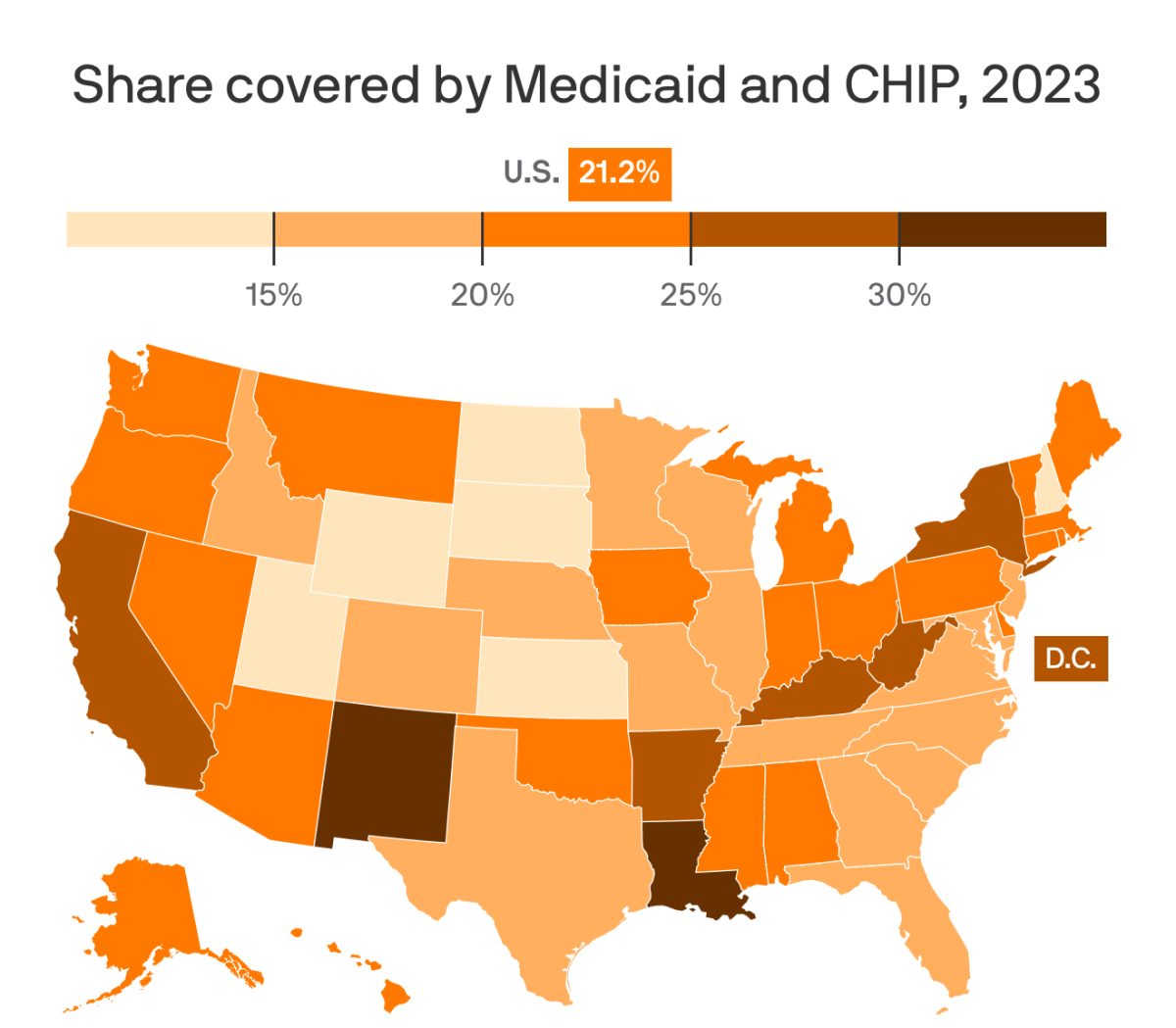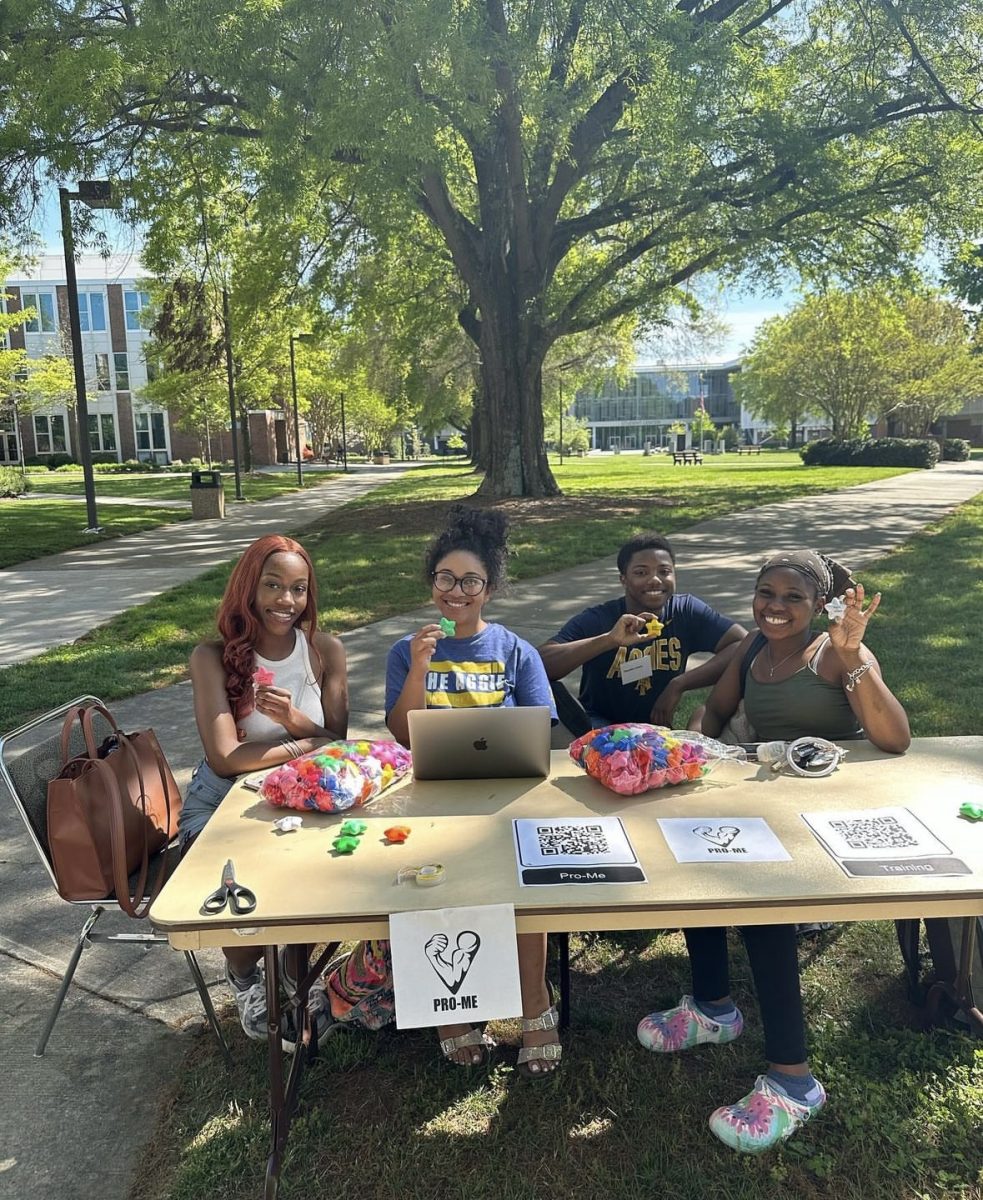Over the years, artificial intelligence has influenced nearly every aspect of modern life, including education. As the backbone of society, education is crucial and should never be neglected. Prioritizing the education of both current and future generations remains imperative.
MeKhia Ellerbe, a sophomore finance student, said she believes AI is hurting students because it’s made it too easy for them to rely on a machine instead of actually learning the material for themselves.
“It’s just easier to let AI do the work,” Ellerbe said. “But that means a lot of people aren’t really understanding what they’re supposed to be learning
As technology evolves, many students have become reliant on AI tools in their academic pursuits. Students frequently use websites like ChatGPT, which utilizes natural language processing to generate human-like responses to user input. While AI tools like ChatGPT offer impressive performance in generating coherent and informative responses, they also present challenges that should not be overlooked.
AI tools offer convenience but hinder students comprehension and critical thinking skills. Over reliance on these platforms can result in a decline in critical thinking abilities and the disappearance of traditional skills such as handwriting, memorization, problem solving, which are important for academic settings.
Monae Rucker, freshman nursing student, believes AI is creating long-term problems for students who depend on it.
“It stops you from really getting what you’re supposed to be paying for,” Rucker said. “You’ll graduate with a degree but not know how to do anything in your field. Then you’re in debt and still can’t get a good job, all because you didn’t actually learn the material.”
Despite these concerns, artificial intelligence has provided meaningful benefits in education. Platforms such as Quizlet, which transform study material into interactive flashcards, which have helped students prepare for exams more efficiently.
Many educators have embraced AI to improve efficiency and student engagement within classrooms. Teachers now provide feedback faster, automate grading, and more effectively pinpoint areas where students are struggling. Which allows for a quicker identification of individual needs, whether through hands on or visual learning.
Aniya Murphy, sophomore nursing student, offered a more balanced view. She said AI can hurt students if they use it the wrong way but could also be helpful if used responsibly.
“Some people just copy and paste without learning anything,” Murphy said. “Then when it’s time for a test or a real-world problem, they’re lost. But you can use AI to help you understand something better, like to explain it differently or give you examples.







